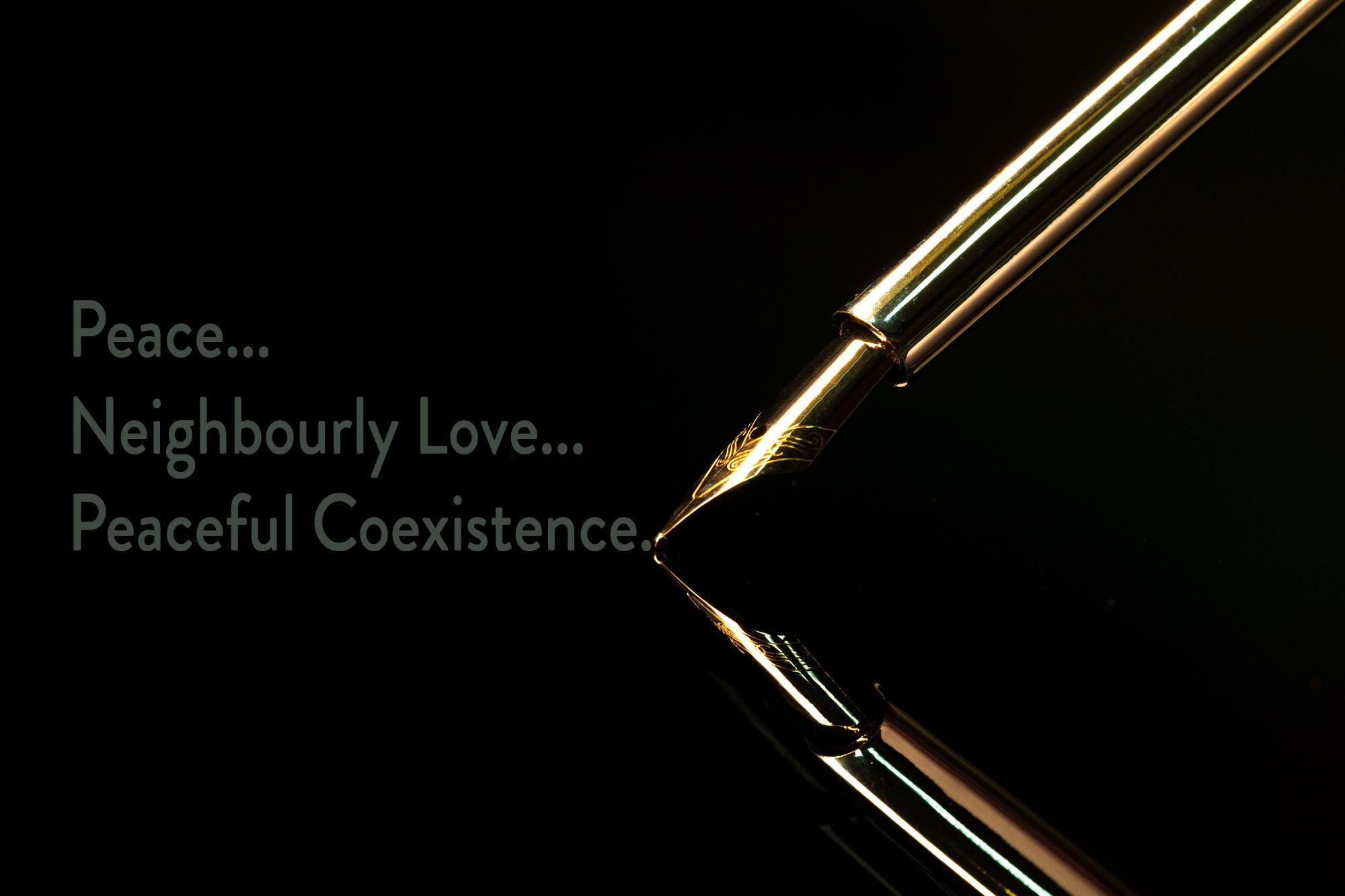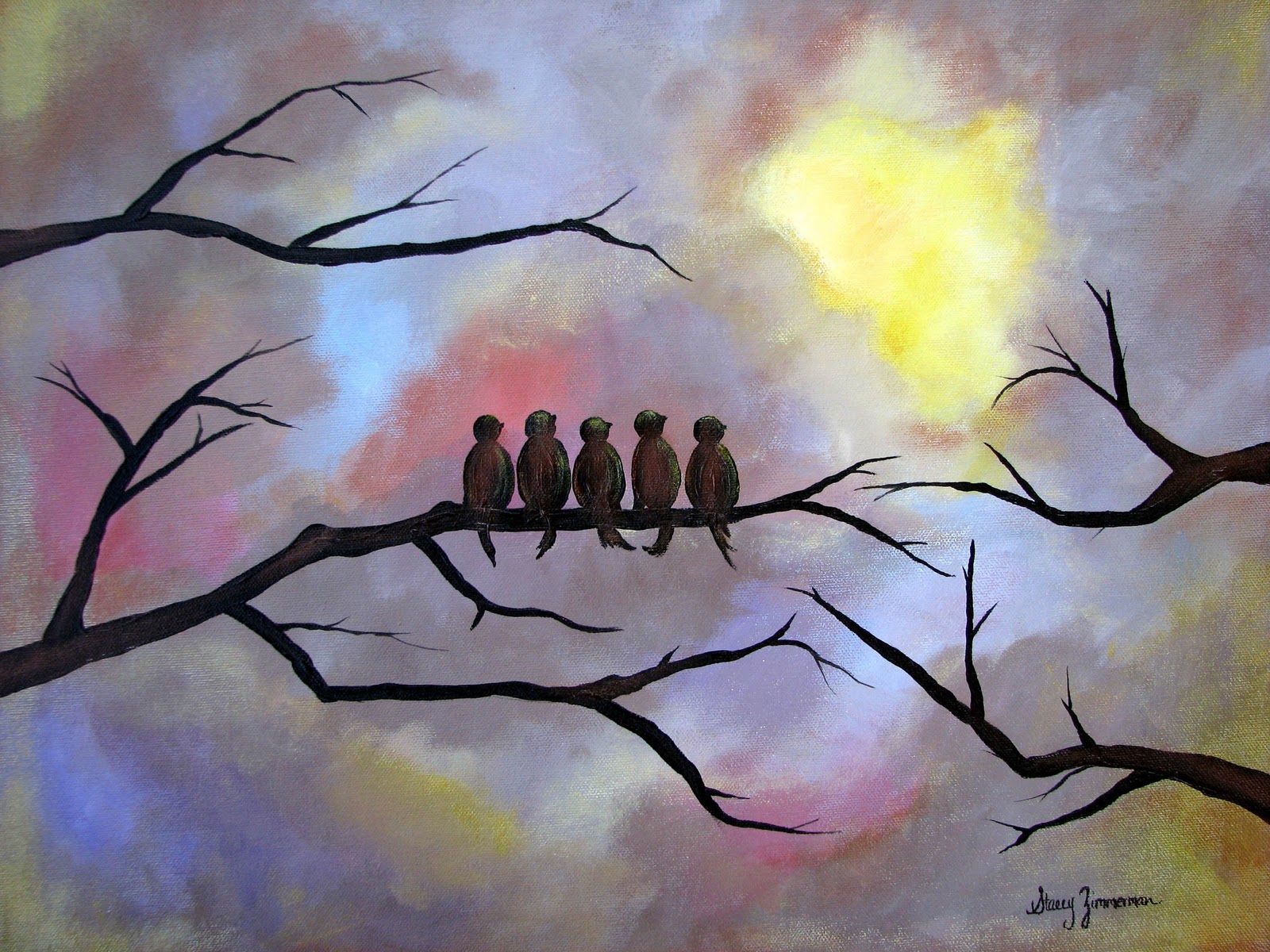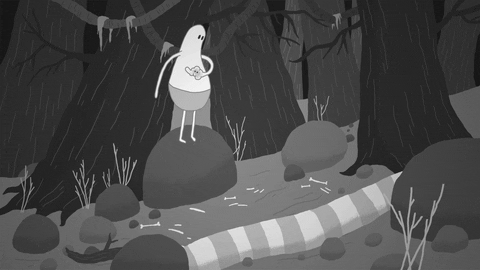
To think that after all that has happened the US-American Republicans seriously consider nominating a person like the one before the current president of that country is practically embarrassing! One would laugh with wholehearted mirth if it wasn’t too serious. I am trying hard to avoid naming its name. Yes, “its”: This is a sorry excuse for a man. To make him the president the second time is like advocating Adolf Hitler as head of state. Period.
But the party and its leaders seem not to think so themselves: A person who lacks any kind of scruples, is devoid of feeling any responsibility except towards the ‘Golden Calf’ of the bible, namely worshipping money – who is responsible during his term of government for cancelling the contracts for disarmament with Russia – and that way may be indirectly responsible for the current situation in Ukraine, a person who threatened North Korea into near war, until it became clear that money rather would do the trick with a nation that already has ‘the bomb’.
A person, particularly, who actually threatens the democracy of that nation itself they are so proud of stating to be the first real one…??!!! He was close and will get closer to instate another dictatorship in the US – and he will closely collaborate with Putin in Russia – they are the best of friends as anybody knows who follows the news.
And the news are only publicly acknowledged information, there is probably more, if we look into similar situations in history.
It’s a pity to think what the Republicans in America actually stand for: But the constitution or its principles are certainly not part of it, when all is said and done. Whatever they will tell you during election campaign(s).
Let’s hope that Italy’s sad example is not one they will follow.
…But then: Such leaders are really only about being ‘the man’, right? Silly women all around, as long as they are nice to look at, lots of booze and a large enough stretch limousine ready to take those said silly ‘chicks’ in – and with… and that in front of cameras too, is really all they care about.
And such people ‘we’ should vote for? Seriously?
I hope and actually pray that murder, money and power is not the only thing Republicans go for over there. Although: Looking at history that too may be too much to hope. Because: Murdering others in the name of the power and so-called US-American overseas ‘interests’ usually doesn’t make them turn a hair.
Or will it this time?
I can only hope that some kind of reason and responsibility will prevail over there and a Democrat such as Joe Biden be president – a second running in this case.
Whatever else happens: I will ‘bother’ all of those that are in power – and in stretch limousines – using my kind of weapon: the writing quill!







